Carriers meeting at the annual Airlines for Europe (A4E) Summit in Brussels called on policymakers to “supercharge” the production of sustainable aviation fuels across Europe through the introduction of competitive tax credits and the funding and support for nascent, emerging and established SAF projects or fuel producers. It is crucial that Europe supports affordable and reliable domestic production, they said in a “call to action”, particularly in the face of significant market pressure from global players outside of Europe. Meanwhile, A4E member Lufthansa Group has reported more than one million passengers have opted for its Green Fares tickets, which includes a provision for SAF offsetting, one year after their launch. European renewable fuels producer Neste has started supplies of blended SAF at Schiphol under an agreement with Emirates, while Sasol and Topsoe have launched their new joint venture Zaffra, located in Amsterdam, that will focus on SAF development and delivery.
At the forefront of A4E’s “call to action” is what it describes as “competitive decarbonisation” in a global market, to ensure Europe is a world leader in aviation’s net zero transformation.
“The next few years provide a real opportunity for change and we are setting out how we want to future-proof flying,” said A4E Managing Director Ourania Georgoutsakou at the opening to the trade body’s Summit in Brussels. “We are today making a pledge to improve the future of flying but can only do this if policymakers make the vital changes to support our decarbonisation efforts, providing real airspace reform, ensuring our sector remains competitive and completing a true single aviation market.”
A4E member airlines have been involved in a number of SAF commitments this month. International Airlines Group (IAG), made up of Aer Lingus, British Airways, Iberia and other carriers, signed a 14-year agreement with US startup Twelve for the supply of 785,000 tonnes of e-SAF, the groups biggest single SAF deal to date and the first e-SAF procurement by a European airline group (see article).
Following its purchase of 500 tonnes of SAF from Austrian energy company OMV last year, Ryanair reported it would take an additional 500 tonnes in 2024. Under an MoU between the two companies, Ryanair has access to purchase up to 160,000 tonnes of SAF during the period to 2030.
Another A4E member, AEGEAN, which first flew with SAF in 2021, is to expand its use of SAF under an agreement with Shell and MOH Aviation, who will supply a “significant” quantity of blended SAF at Stockholm Arlanda and London Heathrow airports. The Greek carrier said this marked the beginning of a gradual expansion of its SAF uplift programme, “where available”, throughout its entire network.
According to Lufthansa Group, an average of 3% of passengers have used its Green Fares tickets, with the tickets being selected by 11% of business class travellers via the Lufthansa Group portals. In total, travellers have offset around 77,000 tonnes of CO2. Offsetting of flight CO2 emissions is through SAF as well as by a contribution to high-quality climate protection projects. The group ensures the amount of SAF required for offsetting is fed into the airport infrastructure within six months of purchase.
Green Fares are available with Lufthansa, Austrian Airlines, Brussels Airlines, SWISS, Edelweiss, Discover Airlines and Air Dolomiti on more than 730,000 flights per year within Europe and to Morocco, Algeria and Tunisia. The group has been testing Green Fares on selected long-haul routes since November 2023.
Meanwhile, Finland-headquartered Neste has launched Neste Impact for businesses looking to reduce the carbon footprint of their air travel and transport activities. The solution is aligned with the Science Based Targets initiative (SBTi), enabling businesses to credibly report achieved emission savings and follows a book-and-claim approach. The related emission reduction achieved is third-party verified and further validated through the ISCC SAFc registry. Neste ensures the SAF is supplied to a partner airline and the purchased amount is verifiably used to replace fossil fuel.
UAE carrier Emirates has activated its fuel agreement with Neste at Amsterdam Schiphol and 2 million gallons of blended SAF will be supplied into the airport’s fuelling system over the course of 2024. The blended SAF will comprise over 700,000 gallons of neat SAF. The airline will track the delivery of SAF into the fuelling system and the environmental benefits using standard industry accounting methodologies.
Global chemicals and energy company Sasol and Danish carbon emission reduction technology specialist Topsoe have launched their joint venture, named Zaffra, which will be based in Amsterdam. The partners say the new company, to be headed by former Shell Aviation boss Jan Toschka, aims to advance SAF production and technologies.
Photo © Lufthansa Group


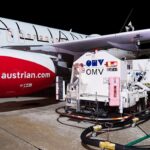
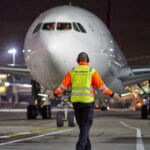
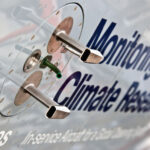

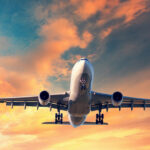
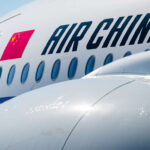
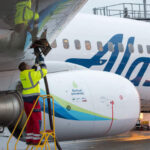
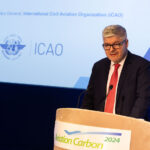
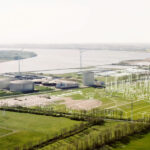
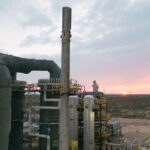
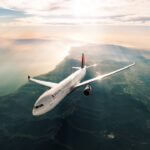
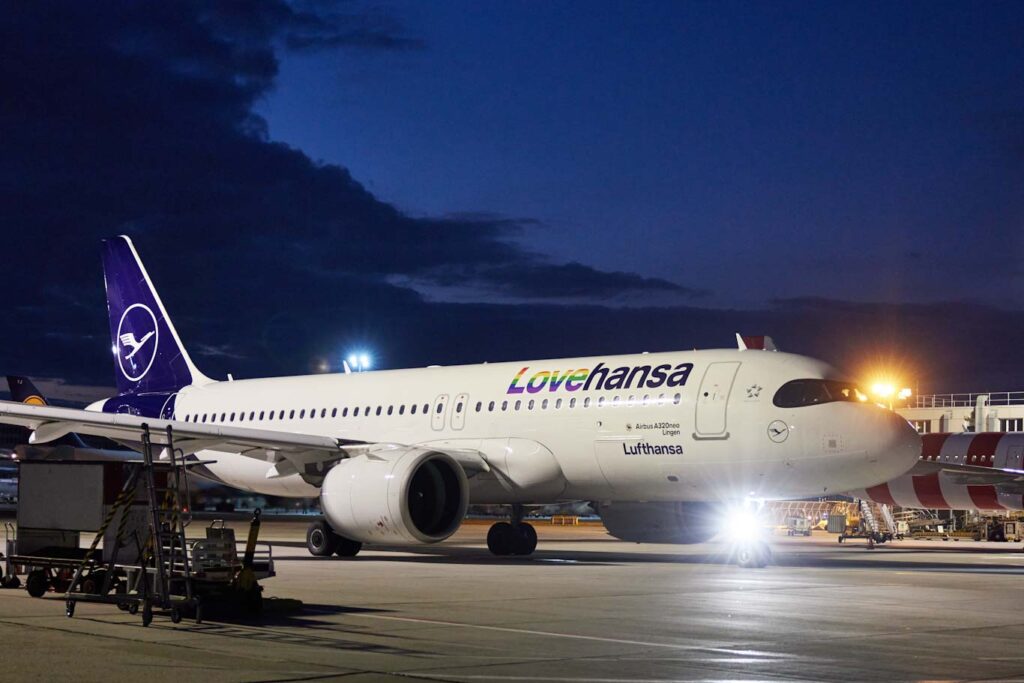
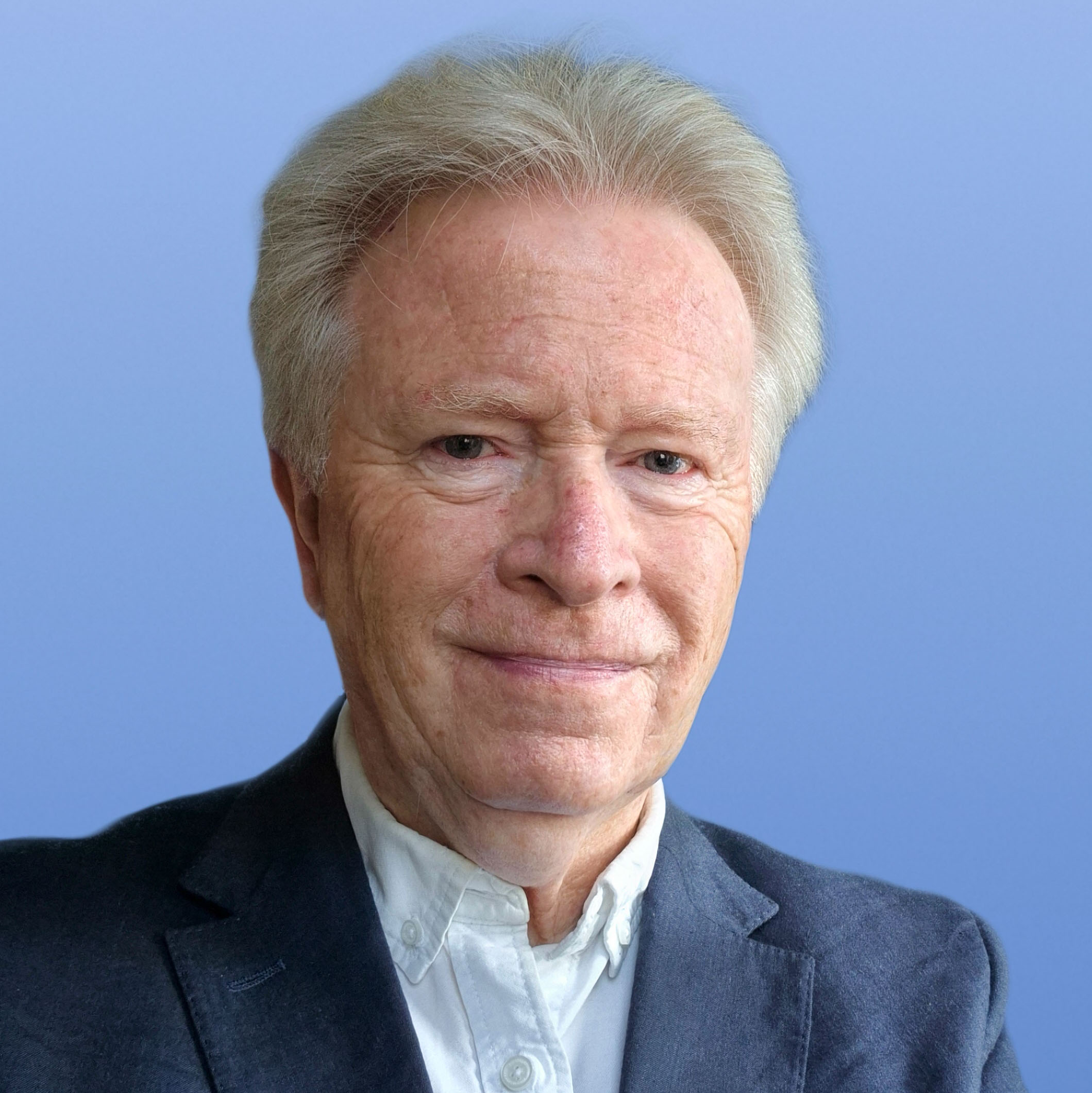

More News & Features
Progress on decarbonising the airline sector has been slow this year, says IATA chief
EASA releases status report on Europe’s SAF production and readiness to meet blending targets
New study highlights differing strategies and barriers to decarbonising aviation in UK and Europe
New partnerships formed to drive e-SAF production in Nordic markets
IAG continues to go big on e-SAF as it inks 10-year offtake agreement with Infinium
US on the pathway to achieving its 2030 SAF Grand Challenge target, says DOE report